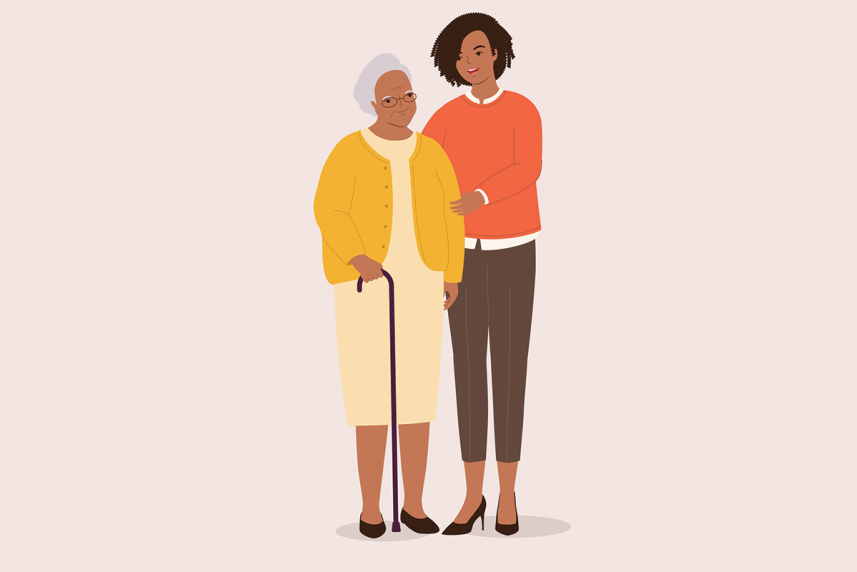Three tips for caregivers
This three-pronged approach helps you and your loved one.

There are three important components to caregiving, known as the "I-R-S" of caregiving: information, respite, and support. Each is vital to being a good caregiver.
Information
The early stages of caregiving are often the hardest. You may feel unequipped and might not know where to start.
Exploring resources and gathering information can help relieve some of that insecurity. Learning about the conditions of those you’re caring for and understanding their care needs, now and in the future, as well as what financial and legal matters to fulfill, is vital to being the best caregiver you can be.
Community caregiving resources exist to help you. Contact your local Area Agency on Aging and see what’s available — for those you’re caring for and also for yourself.
Respite
If you’re a caregiver, you’re probably used to putting other people’s needs above your own. However, taking care of yourself is as important as taking care of someone else.
Formal respite assistance can provide help, like adult day care programs, faith communities, disease-specific organizations, and your friends and family.
At first you may feel guilty for having time to yourself. But it’s important to take time to eat right, sleep well, and get active.
Taking a break is when your body can recharge. This will better equip you to return and provide care that’s of a quality you can be proud of.
Support
You can’t do it alone! Getting support for your actual caregiving responsibilities can help you take better care of yourself. But caregivers often don’t seek out the help they need because self-care can feel
like just “one more thing you have to do.”
Learning to accept help early in your time as a caregiver will make it easier later. Caregiving has challenges and rewards. Learning how to be the best caregiver you can be helps lessen the burden of the challenges and maximize the rewarding feelings and experiences.


